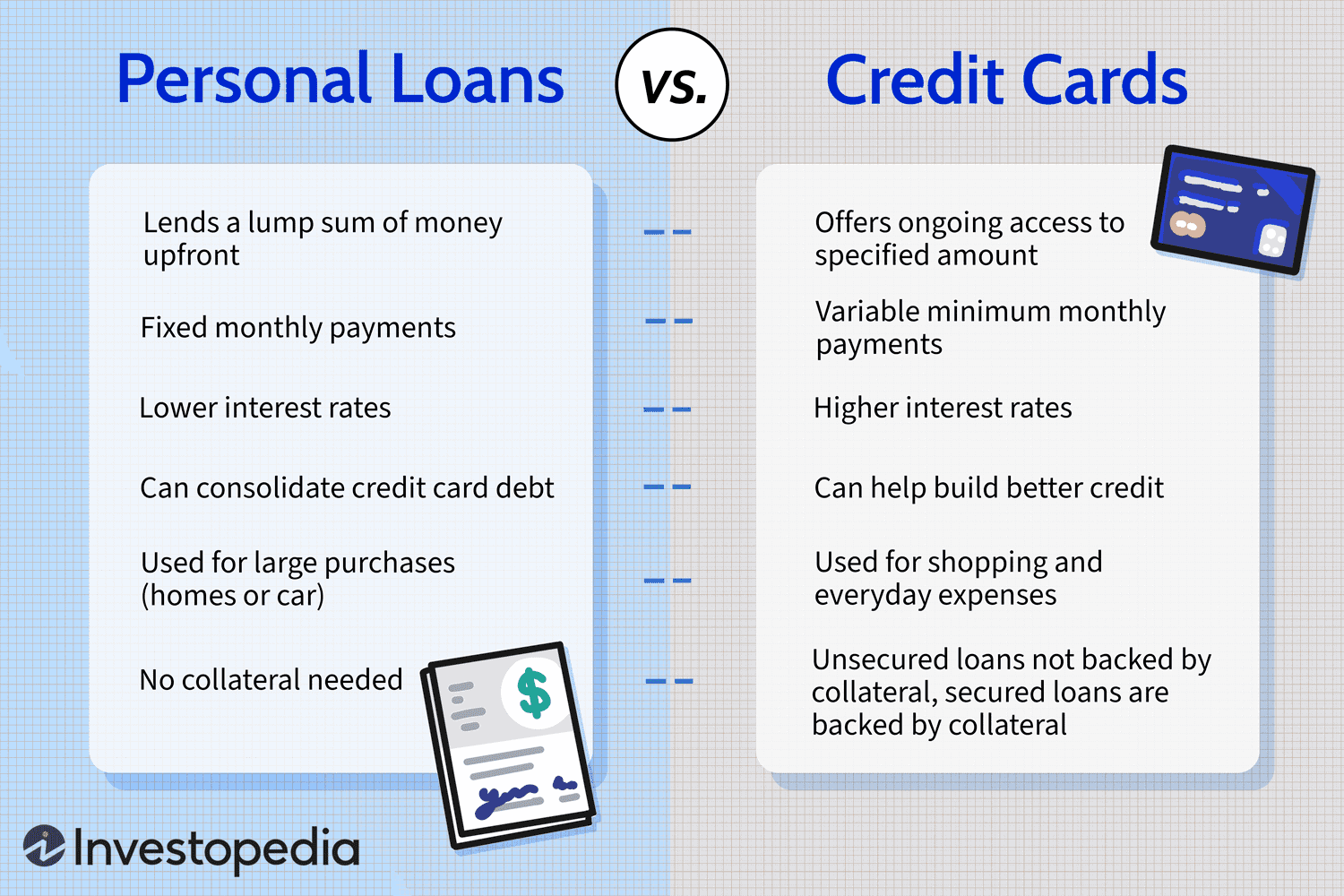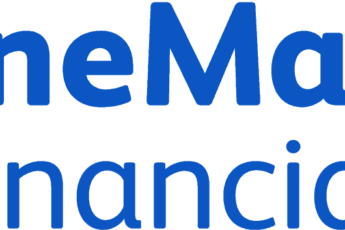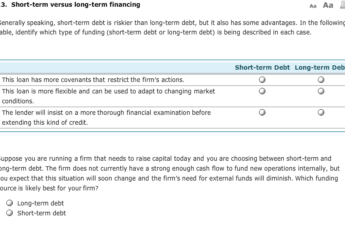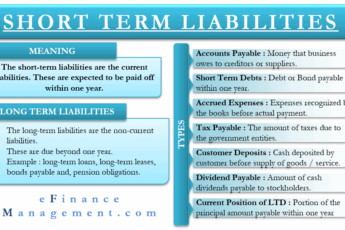Short term loans are a convenient way to borrow money quickly. Although they offer flexibility in payment options and fast access to borrowed funds, they are often accompanied by high interest rates and can be a trap for those who are struggling to meet their bills. Let’s take a closer look at some of the advantages and disadvantages of short term loans.
Short-term loans offer quick access to borrowed capital
Short-term loans are a good option for businesses and individuals who need to access a large amount of borrowed capital quickly. They are useful for resolving sudden cash flow problems and can be used to fund payroll and material expenses. In addition, they are a reliable source of emergency funds.
The application process for a short-term loan is typically simple. The lender will ask for basic personal information and proof of your income. The lender will also provide loan terms, fees, and a repayment schedule. Most lenders can approve a loan in as little as 24 hours. The loan amount is generally between $200-$2,000, and repayment is usually due in a few weeks. In most cases, you can fill out an application online.
Although a short-term loan offers quick access to borrowed capital, it is important to consider the terms and conditions of the loan. Some lenders have long-term repayment terms, while others only offer short-term loans. In an emergency, you may need access to the money immediately, but a few days’ notice may be more beneficial.
Before applying for a short-term loan, it’s important to consider your budget and income. These will help you decide the amount of borrowed capital you need and which type of loan is best for your needs. You should also consider the repayment schedule, as short-term loans often require higher payments than other lending options. This can cause added stress on your budget. Additionally, short-term loans may involve fees up front and high interest rates.

Short-term loans are useful for project start-up costs. They can be repaid in 60-90 days. In addition, they don’t require collateral. Therefore, you can get approved more easily. However, there are risks with these loans, and they should only be used as a last resort.
Short-term loans are a good option for small businesses when cash flow is a problem. Because of the flexibility of the repayment terms, they are a great option for startup companies, which might not otherwise be able to access a traditional bank line of credit. You can get a loan for as little as $100 or more.
They offer flexibility in payment options
If you’re in need of money, you may want to consider applying for a short term loan. These types of loans offer a fast application process and flexible payment options. You don’t need to have excellent credit to get a loan. All you need to prove is employment and a stable source of income. In addition, you should be current on your other loans.
The repayment terms on these loans are generally shorter, which means you’ll be able to save more money. Typically, you can expect to pay back your short term loan in a year or less. While interest rates for short term loans vary among lenders, many are competitive and have transparent pricing.
They come with a high interest rate
While short-term loans can be convenient, their high interest rates and short payback periods are not for everyone. Missed payments can ruin your credit score and cost you more money than you originally borrowed. They can also trap you in a cycle of borrowing. Therefore, it is important to research other options before applying for a short-term loan.
Short-term loans are risky for lenders. They come in smaller amounts than long-term loans and carry a higher risk of default. Since repayments are spread over a longer period of time, lenders are able to charge lower interest rates. However, short-term loans are still available for people with excellent credit ratings.

Another drawback of short-term loans is that they don’t solve your immediate needs. The high interest rates and fees make your debt problems worse. In addition, they reduce your income each month. Furthermore, extending the loan increases your payments every month. Ultimately, short-term loans are not suitable for everyone.
Short-term loans come with high interest rates and need to be paid back within six to 18 months. However, they can be an excellent option in emergency situations. As long as you can repay them in full, you can move on with your life. However, you should always be aware of the risks involved.
Short-term loans are useful for businesses and individuals. They can solve unexpected cash flow problems. They can also be an excellent source of emergency funds. Short-term loans are available in different types of financial institutions. However, you should be aware of the interest rates and fees before signing up for a short-term loan.
They can be a debt trap
A short term loan can become a debt trap if you don’t pay it off. Debt traps are dangerous because they can make you vulnerable to financial hardships, such as vehicle repossession or account closure. The best way to avoid debt traps is to pay all your bills on time.
The most common debt traps involve high interest rates and short repayment periods. This means that the borrower cannot afford to pay off the loan on time and ends up paying more in interest than the original loan amount. The debt trap is a dangerous situation to find yourself in, but there are solutions.
Another common type of short term loan is a title loan. This loan involves putting your car title up as collateral for a loan. The loan amount is usually a lump sum, but most lenders require you to pay the money back within 30 days. However, there are some lenders who offer longer repayment terms, or even an option to pay off the loan in installments. Nonetheless, title loans are dangerous because you could end up losing your car if you don’t make the monthly payments on time.

When taking out a short term loan, it’s important to understand how much you can afford to borrow and how much you can repay. While many types of short term loans are relatively low in interest, they can lead to a debt trap. In addition, a debt trap can occur if you don’t pay EMIs on time.
The Consumer Financial Protection Bureau is considering rules to end payday debt traps. These rules would limit excessive fees and prevent lenders from taking money out of your bank account. The bureau also wants to protect those who need a loan and can’t pay it off. There are also other changes in the lending industry that will make short term loans less risky.
To avoid debt traps, you should make sure the lender is legitimate before taking out a short term loan. Some financial institutions charge a lot of interest and offer unfair loan terms. The risks of getting into a debt trap are also increased if you take out a loan with the terms of the contract.











